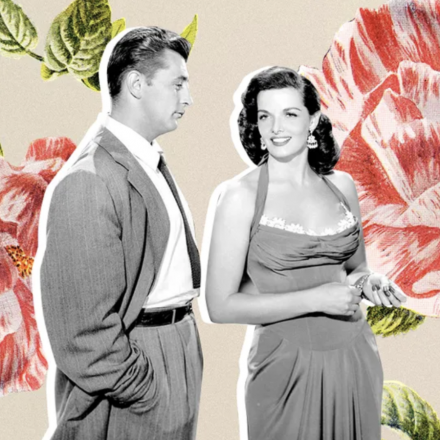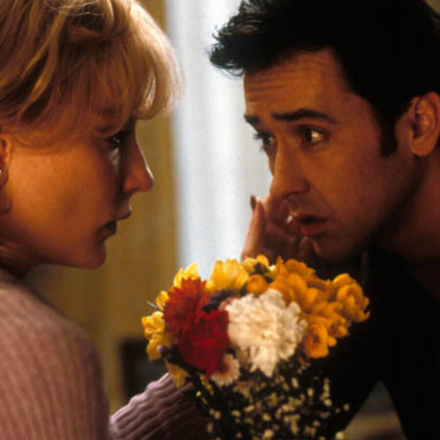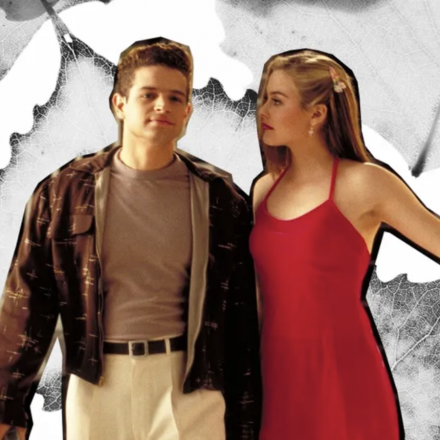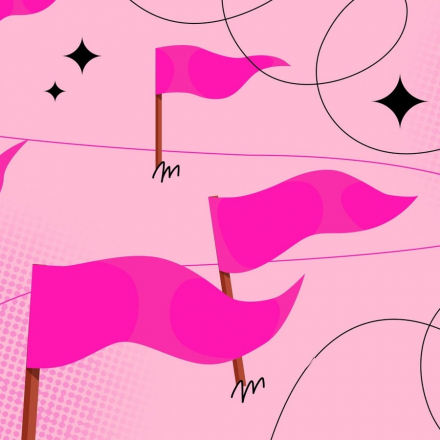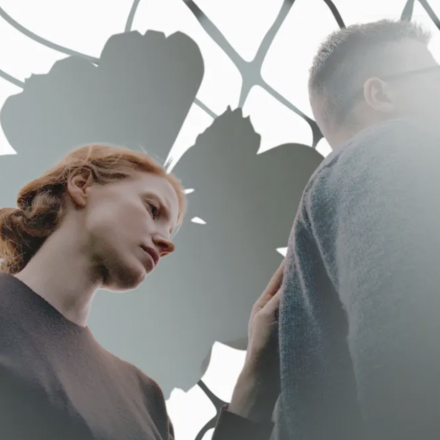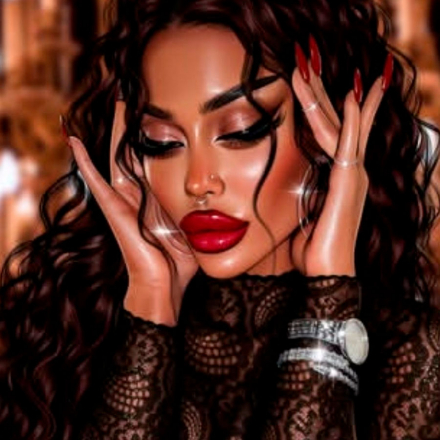Bad Boys: Can You Stop Falling for Abusers?
Do you know that mysterious attraction to "bad boys"? The ones who suddenly enter our lives like movie heroes, with a special charm and undeniable charisma, but always with a hint—sometimes more than a hint—of aggression, selfishness, and complete emotional instability? And what about us?
Do you know that mysterious attraction to "bad boys"? The ones who suddenly enter our lives like movie heroes, with a special charm and undeniable charisma, but always with a hint—sometimes more than a hint—of aggression, selfishness, and complete emotional instability? And what about us? We willingly sidestep the "good guys" and rush towards those who seem capable of shattering our hearts into a thousand tiny pieces. Of course, there’s something irresistibly appealing about them: they’re unpredictable, they’re “special” and “not like the others,” and they radiate waves of adrenaline, making every day with them feel electric.
But let’s be honest: how many times has that fire turned into a blaze? How many times have you wiped away tears in the kitchen while listening to Beyoncé, thinking, “Why can’t I just love a normal guy?” Let’s explore why it’s so difficult to break out of this cycle and what we can do to stop stepping on the same rakes.
Why Are We Drawn to Bad Boys?
Let’s start with a truth that might surprise you: the passion for “bad boys” is far from unique. It’s not explained by magic or the notion that “I have bad taste.” It’s simply a psychological phenomenon with a logical explanation.
First, our brains crave new stimuli. What could be more exciting than a relationship with someone who can be incredibly sweet and caring one minute, and the next minute disappear from the radar, ignoring all messages? This game of contrasts creates a real dependency on the relationship because we never know what to expect. So we find ourselves chasing after that carrot on a string.
Second, many of us have the idea that we “need to save” such a guy, help him, heal his emotional wounds. We want to believe that our love will have a magical effect, transforming him into the perfect partner. But the truth is, abusers don’t change because of our tears, pleas, or efforts. Often, they don’t even see a problem with their behavior—the problem lies with us, not them.
How Dangerous Are Such Relationships?
It may seem like it’s just a “bad boy,” and a little drama in life isn’t harmful, but the truth is: abusive relationships are rarely “just a little.” They tend to destroy self-esteem, mental health, and even physical health. Gradually, you’ll start to think something’s wrong with you, that you’re not good enough, and that’s why he acts cold and indifferent. Eventually, you become accustomed to the emotional rollercoaster of the relationship: sometimes he’s affectionate, and other times he pushes you away. You start to consider this behavior as normal, and it may even seem that life without him will be “dull.”
But let’s remember what a relationship should be: support, understanding, confidence in the other person—not an endless chase for elusive happiness.
How to Stop Falling for Abusers?
Alright, friends, it’s time to discuss what we can do to break this dependency on “bad boys.” Here are some tried-and-true methods for escaping this cycle.
Stop Trying to Change Him.
It has been proven by millions of women: abusers rarely change. A person can only change if they want to. If he hurts, humiliates, or ignores you, it’s not because you’re doing something wrong; it’s because that’s who he is. Don’t justify his behavior. Stop making excuses for him and accept that there will be no magical transformation from Gaston to Prince Charming.
Boost Your Self-Esteem.
One of the key factors that leads us to abusers is low self-esteem. We don’t believe we deserve genuine love, so we settle for a surrogate in the form of “chemistry” and “passion.” Focus on yourself: what makes you happy? Find a hobby, learn to be self-sufficient, and engage in self-improvement. A healthy sense of self-worth will help you realize that a relationship with an abuser is not for you.
Set Your Boundaries.
One of the most reliable ways to avoid falling for an abuser is to establish boundaries right from the start and not allow them to be crossed. If you make it clear what is acceptable to you and what is not, you can put a stop to things at the first alarming signs. For example, if he doesn’t respond for several days or cancels plans without warning, you can simply stop trying to “catch” him. You’re not obligated to wait for someone to remember you.
Listen to Your Friends and Family.
Often, when we’re drawn to abusers, our loved ones try to warn us. Friends say he’s not who he seems and that you’ve changed with him. But love-struck ears are often deaf to these words! Listen up: perhaps your friends see his behavior more objectively. Allow yourself to hear their concerns and draw your own conclusions.
Keep a Journal of Your Thoughts and Feelings.
One way to understand how poorly you feel in a relationship with an abuser is to start keeping a journal. Write down your emotions every time you feel dissatisfied, hurt, or disappointed. After some time, read those entries again and see how often they repeat. This will help you see the real picture, rather than the illusions we sometimes comfort ourselves with.
Look for Examples of Healthy Relationships.
Healthy relationships are not a fairy tale. There are couples who live in harmony, trust, and support. Look for examples of such couples, perhaps among your friends or in movies. This will help you understand that relationships can be peaceful and happy without drama and scandals. And those are the kinds of relationships you truly deserve.
Allow Yourself to Be Alone.
Many girls fear being alone, so they choose those who fill the void in some way. But solitude is not a punishment; it’s an opportunity. An opportunity to get to know yourself better, to sort out your desires and needs. Don’t be afraid to spend time alone: it will help you realize that you can be happy without a guy. And once you understand that you’re happy and self-sufficient, a worthy man will surely come along.




